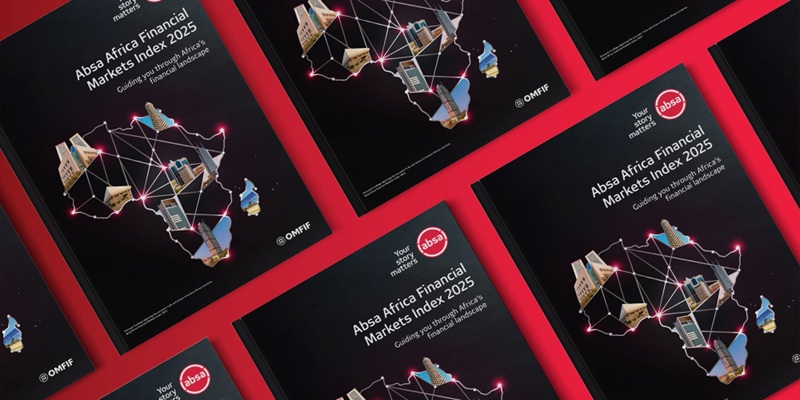Mozambique: State collects 22.5% less in taxes from casinos in H1
Mozambique rises one place to 23rd in Africa Financial Markets Index, Cape Verde 16th – UN, Absa Bank

Image: OMFIF - the Official Monetary and Financial Institutions Forum
- Mozambique moves from 24th to 23rd in ranking highlighting the country’s new financial inclusion strategy
Cabo Verde ranks 16th among 29 African economies in an index measuring financial market development, compiled by Absa and the UN, which places Mozambique in 23rd place and and Angola on 24th.
The Absa Africa Financial Markets Index, compiled by the South African Absa Bank in collaboration with the United Nations Economic Commission for Africa (UN ECA), ranks Cabo Verde 16th among the countries that have developed their financial markets the most in the last year, in a list that analyses 29 African countries.
Cape Verde fell two places this year, from 14th to 16th, but the report still highlights the approval of new legislation that “allows the exploitation of central bank digital currencies”.
Mozambique improved one position, moving from 24th to 23rd, in a ranking highlighting the country’s new financial inclusion strategy.
Meanwhile, Angola, which also improved one position to 25th, is noted for its “impressive drop in inflation”.
“The Absa Africa Financial Markets Index assesses financial market development across the continent through the lens of transparency, accessibility and openness. Now in its ninth year, the index provides a benchmark for market infrastructure and an opportunity forpolicy-makers to learn from improvements across Africa,” the document reads.
The 29 economies represent about 80% of Africa’s population and gross domestic product (GDP), say the authors of the report, which uses six pillars to arrive at the final index: market depth, access to foreign exchange, market transparency, tax and regulatory environment, pension fund development, macroeconomic environment and transparency, and legal standards and enforceability.
For the executive director of the United Nations Economic Commission for Africa (UNECA), which supported the report, the Index “underscores the growing importance of climate-aligned finance, with more economies issuing green and sustainability-linked bonds, conducting climate stress tests and launching platforms such as Africa’s first regulated voluntary carbon market”.
In one of the document’s opening texts, Claver Gatete adds that “sustaining this momentum will require unwavering commitment to transparency, legal certainty and the expansion of domestic institutional investment.”
“Now is the time to scale up capital-markets solutions that align with the continent’s priorities under Agenda 2063 and the sustainable development goals,” he concludes.
READ: Geopolitics triggers worst slide in African markets since 2021












Leave a Reply
Be the First to Comment!
You must be logged in to post a comment.
You must be logged in to post a comment.